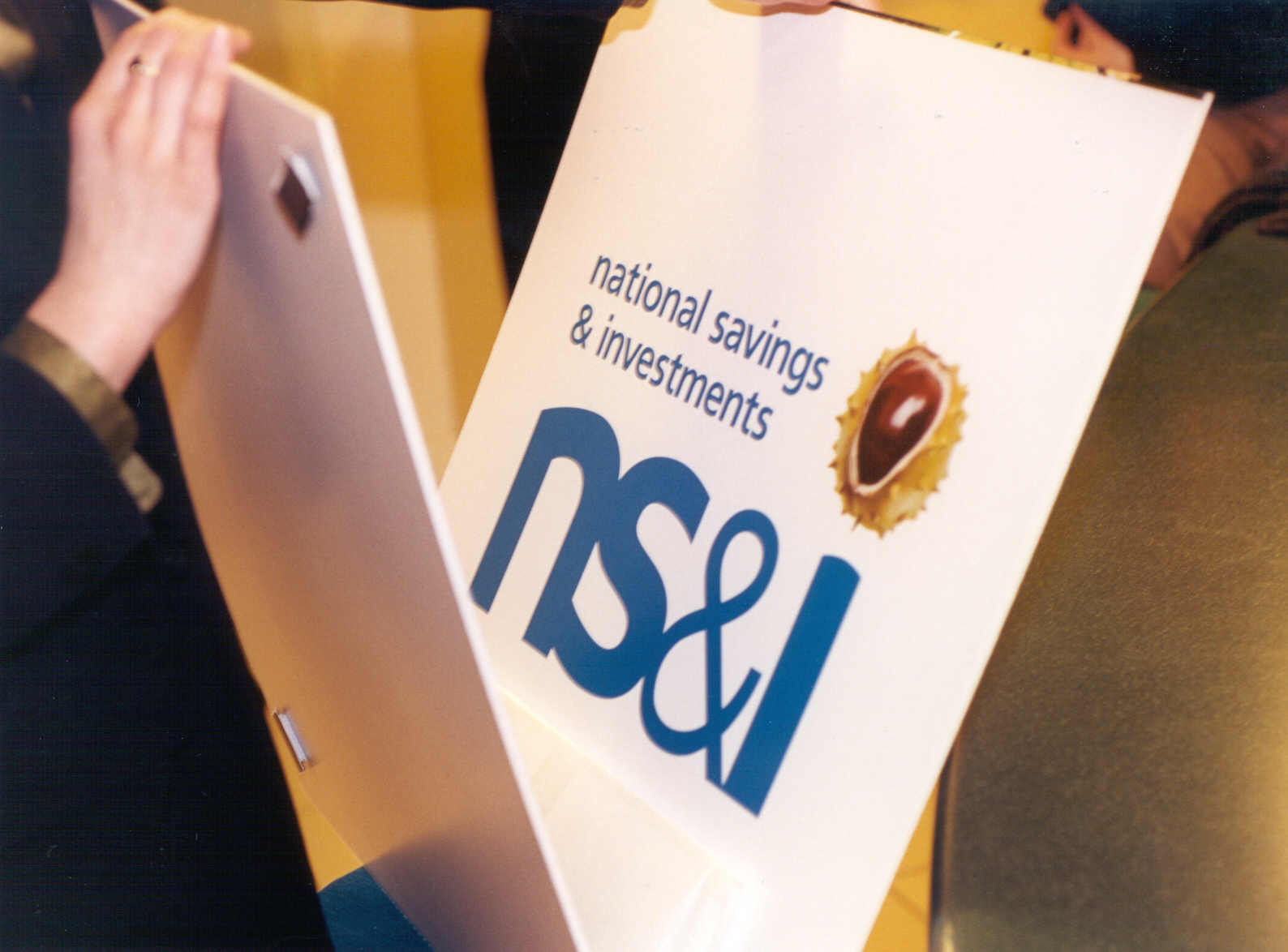

|
|
||||||||||||||||
|
|
|
|
Investments
“At last the Dodo said everybody has won and all must have prizes!” - Lewis Carrol, from When we open the financial press it is baffling to see that everyone has the top-performing product! In fact anything can be the best over a given period of time but a suitably qualified Independent Financial Adviser (IFA) will always look for consistency and track record before making their recommendations to you. However, it is worth looking at the types of investment that they will consider. ISAs (Individual Savings Accounts) Various adverts in the press have, historically, stressed that you should utilise your ISA allowance for the year. Many teachers have bought ISAs in the past without realising what they are invested in and are therefore surprised when they see the value fall as well as rise. There are so many ISAs available on the market that it is almost impossible for anyone to work their way through the minefield. In fact, there are literally thousands of different funds available and it is vital for a financial adviser to assess your attitude to risk and your own objectives before recommending a particular fund. “The pessimist complains about the wind; the optimist expects it to change; the realist adjusts the sails.” - Ward, Arthur Many teachers attending our seminars have already purchased ISAs in the past and are finding that the performance is not to their satisfaction. They feel that they are perhaps trapped in something that they bought but did not understand. The truth is however that these can be moved or altered to suit your ongoing situation. This means, therefore, that if you originally had a high risk ISA whereas you now wish to be more cautious, once again this can be arranged. PEPs, although no longer available, can also be altered in the same way. The rules that govern ISAs are quite complicated. Here we have the choice of leaving some money in the building society, some invested in stocks / shares / corporate bonds or some in insurance contracts. ISAs are primarily invested in collective investments, which means that your money is pooled with other people’s money and invested in the area of your choice. For many people this means stocks and shares but for many others this could mean cash / corporate bonds / insurance contracts. Do you know what your funds are invested in? Most people don’t! It is essential to have your own investment review by an IFA to ensure that your contracts meet your objectives. “If you think education is expensive, try ignorance.” - Derek Box (1930 - ), TESSAs (Tax Exempt Special Savings Accounts) Many teachers took advantage of TESSAs in the past in order to save money in the building society tax-free. This was a Conservative Chancellor’s contract, which was subsequently revoked when Labour took power. Many teachers who have such contracts are confused as to the actions that can be taken with them and it is vital, once again, to seek advice as to whether or not contributions can be maintained, or indeed how to maintain the tax-efficiency of these contracts when they mature.
As we are talking about monies held on deposit it is always worth remembering that any reputable financial adviser would always recommend that a certain amount be maintained on deposit to meet emergencies / luxuries. Many teachers, however, keep far too much money in the building society and thereby run the risk that inflation will eat the true value away. Getting the correct balance often involves detailed discussion as to your own planned expenditure. Where that money is held becomes important, because some of the high street accounts with names such as “High Income Account” often do the opposite.
National Savings Many people are aware that the government offers a number of products under the National Savings scheme. These range from index-linked to guaranteed contracts or indeed premium bonds. Although rates seem relatively unattractive at times, advisers will always consider their appropriateness.
Bonds Professional financial advisers will always look to assess your own attitude to risk before making recommendations and for teachers who are looking for a level of security / lower risk they may often find investment bonds as recommendations. Investment bonds are effectively lump sum investments offered by insurance companies and controlled by their managers. These funds can fall into a variety of categories ranging from low to high risk and, once again, there are numerous variations on the market. The most common types that you will encounter are: i) With Profit Bonds A With Profit Bond is a lump sum investment that the insurance company will utilise and invest subsequently releasing potential bonuses to you on an annual basis. In effect, what they are trying to do is smooth out the peaks and troughs associated with normal investment. These types of contract have been around for many years and are often used in retirement planning. ii) Distribution Bonds Distribution bonds are a combination of stocks and shares as well as alternative investments such as fixed interest and index linked gilts. This combination serves as a counter balance whereby when one form of investment is rising the other is often shrinking. This means that, over time, the peaks and troughs normally associated with direct stock market investment can be reduced.
Commercial Property Many teachers have seen their own houses appreciate in value over a number of years. Insurance companies have noted this and offer funds ranging from private property to commercial property investment. Most people look at commercial property as a viable option because tenancy contracts tend to be long term and the commercial property market tends to be less volatile than the domestic market.
For the ultra-cautious there are cash or gilt funds available, which offer potentially slightly better returns than building societies but no real opportunity for growth, or indeed the alternative of highly speculative funds could go through the roof - or the floor. As previously mentioned the most important factor is your own attitude to risk and your IFA will meet this objective. Regular Savings This could be for a number of reasons, including future events for yourself or, indeed, future savings / education for your children, grandchildren, godchildren ...Once again the choices here are endless but we are certain that an adviser would talk to you about regular savings into unitised contracts as well as areas such as Friendly Societies, who offer small but tax-efficient long term savings plans. “Give me the strength to change the things I can, the grace to accept the things I cannot, and a great big bag of money” - unknown author aged 13 |
|
||||||||||||
All material © Teachers' Money unless otherwise stated. We are not responsible for the content of external sites. |
||||||||||||||
|
|
||||||||||||||
| Site Map |


